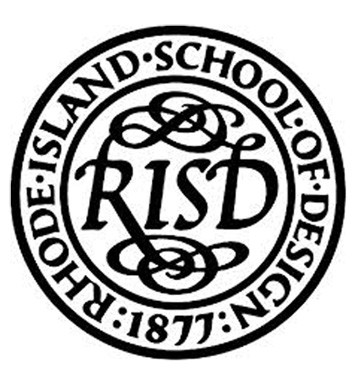PROVIDENCE – The Rhode Island School of Design has unveiled a new eight-year strategic plan that will put more emphasis on diversity and sustainability and will encourage innovative teaching methods and build capacity for new research.
In an introduction to the 48-page plan, titled “NEXT: RISD 2020-2027,” RISD President Rosanne Somerson said the strategies will set the direction for the internationally renowned arts and design school as the institution heads toward its 150th anniversary in 2027.
“The RISD that I hope we see in 2027 is a place where teaching and individual faculty research and practice are thriving, and where our many unique resources are incubators for their best ideas,” Somerson wrote. “I imagine a campus characterized by 21st-century learning facilities comprised of both flexible and dedicated spaces. I imagine shared classrooms, studios and labs that encourage the future work of artists and designers, both individually and collaboratively. I imagine a RISD driven by innovative initiatives and supported by fundraising, alumni engagement and new, mission-driven revenue streams.”
Among the “foundational goals” outlined in the strategic plan:
- Promote innovative teaching through a new Teaching and Learning Lab that will also advance social equity and inclusion.
- Build capacity for new research, in part, by establishing a faculty fellows program to attract scholars and practitioners to RISD to support teaching, research and artistic inquiry around topics such as equity, inclusion, sustainability, climate and environmental justice.
- Provide flexbility for students and faculty by reducing student credit-hour requirements and encourage cross-disciplinary exploration. The school said it will also address faculty teaching load to allow for more research, scholarship and creative practice.
- Generate new revenue through fundraising, grant-funded research and expanded continuing education, executive education, partnered projects and pre-college programs.
Strategic objectives over the next eight years include:
- Increasing access to RISD through increased financial aid, scholarships and “social equity funding” for materials, travel, internships and research opportunities.
- Empowering students and alumni to succeed by developing new mentoring and tutoring strategies and expand learning support system to meet existing and emerging needs. At the same time, RISD will develop stronger relationships with alumni by celebrating their accomplishments and offering mentorships with RISD students.
- Further diversifying the RISD community though a hiring plan for faculty and staff, enrolling students from a broader range for backgrounds and share the school’s “unique creative practices” with more people locally and globally through continuing education, executive education and partnered projects programs.
“The RISD community will contribute to shaping “just societies,” both locally and globally,” the plan states.
Another aim of the plan is to operate a greener campus, building and renovating facilities with sustainable principles in mind and integrating sustainability into the curriculum. RISD should “lead in bringing art and design to the challenge of climate change,” the plan said, as well as create a program that will allow RISD to “enter the world of environmental research from art, design and cultural perspectives.”
In addition to expanding the school’s research capacity, the RISD said it will also redefine its graduate education, rethinking structures and requirements and experimenting with new models. It’s part of the RISD’s goal to develop “news ways of making and knowing,” the plan stated.
The strategic plans was assembled with input from faculty, staff, students and other members of the RISD community, according to the school.
“I am proud of the values we articulate in this plan – values that will guide how we use our resources to successfully support our ambitions and achieve RISD’s best and most sustainable future,” Somerson wrote in the introduction. “This strategic plan is our pledge to the next generation of creative leaders.”
William Hamilton is the PBN managing editor. You can follow him on Twitter @waham or email him at hamilton@pbn.com.













